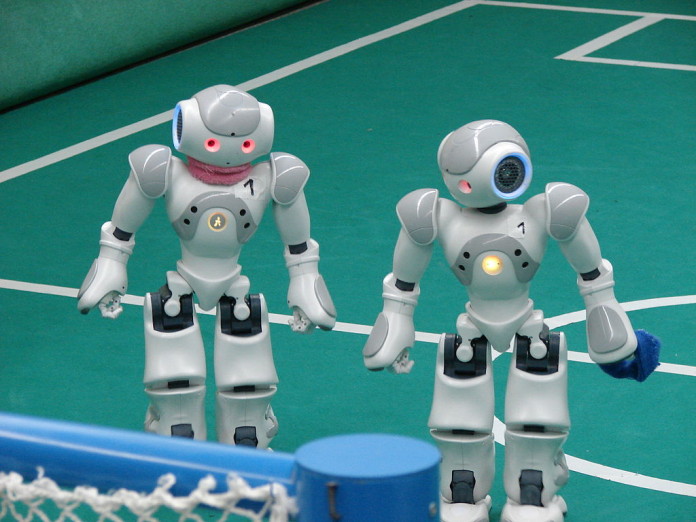A few weeks ago I wrote a piece entitled time to embrace the new economy.
I observed that “Despite the current pessimistic economic outlook around the world, the new economy driven by significant technological and productivity advancements has the potential to significantly boost wealth, and improve our health and well-being, as well as all but eradicate severe poverty around the world.”
Only a few days ago, the World Bank announced that as a world, we are on track to eradicating extreme poverty, which is expected to fall below 10 percent of the global population by 2015.
Although the new economy will bring significant benefits, including the potential for massive wealth creation, it will also bring with it massive disruption to traditional jobs and patterns of employment, on the scale which we have not seen:
“In this new economy, even the so call ‘safe’ professions are no longer immune to major disruption. Legal researchers are beginning to be replaced powerful software programs, and electronic diagnostic tools are being found to be more accurate than ‘real’ doctors. Artificial intelligence is beating human intelligence in increasing fields, even in highly sophisticated areas where it was thought that only human intelligence could do. We are only just beginning to see the potential uses and benefits of artificial intelligence.”
One of the most serious policy discussions which we are not having, but should be, is how we, as a society, will transition to the new economy. And furthermore, how we will do this, ensuring that people are not left behind.
In spite of the fears of the Luddites during the Industrial Revolution, as technology advanced and older jobs were made redundant, new jobs were created. Although there will be whole new fields of jobs created in the next couple of decades, there are fears that this will not translate into enough employment for all.
We already have the issue of some people working too much, and those who struggle with under-employment. The utopia we were sold during the 1970s and 80s that told us we world all be working part time, and have much more leisure time by now has not eventuated. The risk is that this trend will continue to exacerbate and lead to polarisation between those who work and those who are virtually unemployable.
Below, the fascinating short video; “Humans Need Not Apply” takes this more pessimistic perspective.
I am rather more optimistic. However, the conversation about how we will transition as a society to the new economy needed to start yesterday, yet it still does not appear to to be on the agenda of many political leaders. Of course, the idea of a ‘social wage’ has been around for quite some time, and is on the periphery of some discussions. If you are not familiar with it it, the concept of a social wage rests upon the assumption that all members of the community are entitled to a minimal income on the basis of citizenship, regardless of employment.
While the social wage concept provides a degree of financial security to the unemployed and the unemployable, a future which sees some members of the community employed in meaningful and gainful work, and the rest dependent on the social wage, living on a diet of virtual reality computer games, porn, junk food and drugs is probably not such a good idea.
The future economy is something we need to be talking about now. We need to be talking about it, and we need our leaders to be putting in place the policy steps in order to make the transition.










